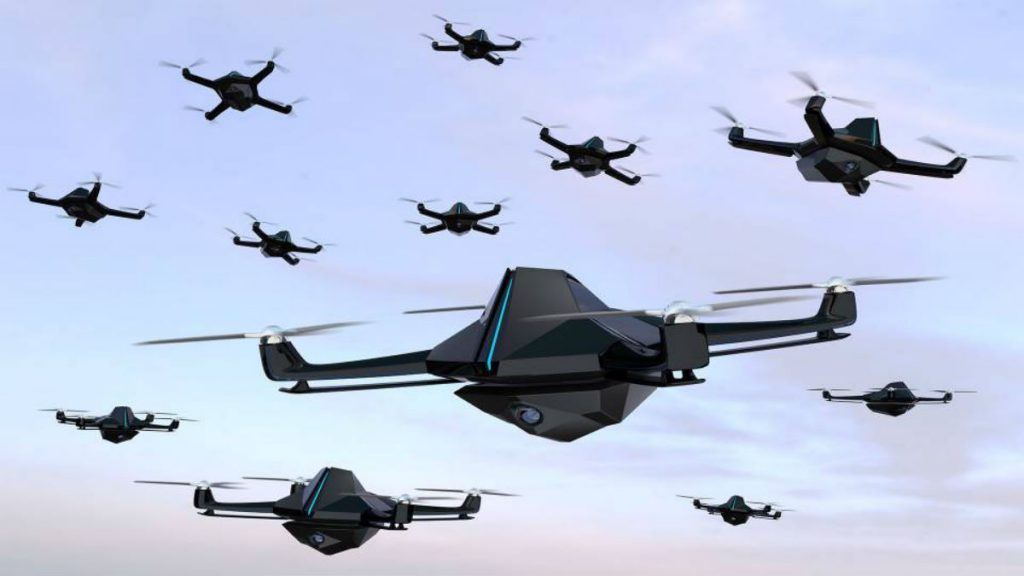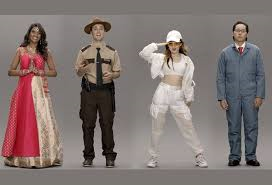Rembrandt, Beatles, and the Child that Survived: Can AI be Creative?
Jaspreet Bindra
I am not necessarily an art connoisseur, but a Rembrandt caught my eye. It is ‘a portrait of ‘a Caucasian male with facial hair, between the ages of thirty and forty, wearing black clothes with a white collar and a hat, facing to the right’ ;it can be found on www.nextrembrandt.com . It is exquisite, a typical painting by the great Dutch Master, with his unique interplay of light and shadow and a liberal use of paint on canvas, in what is called the Impasto technique. The only issue is that it is not painted by Rembrandt. It is created by an AI developed by Microsoft Labs, where they analyzed his paintings, the demographics of the people he painted, and even high resolution 3D scans to take care of the impasto, and trained an AI to create ‘another Rembrandt’ four centuries after his death! The rendition was good enough to fool many Rembrandt expert; it certainly fooled me.

So, if an AI can create a painting like this, is AI creative? In our minds, creativity is what distinguishes man from most animals, and certainly from AI. It is the last bulwark which remains, as AI perhaps takes over everything that humans could do, and do it better. But if it could paint a Rembrandt, then is this last defense crumbling? Consider another creative pursuit, music. Google ‘AI created music’ right now, the number of videos top a million. Listen to any of them. I had the opportunity to listen to a song which I was convinced was a Beatles number, but it was an AI that had created it, lyrics and all. If an AI can create music such as this, then can we considerit creative?
The most powerful technology within AI, Deep Learning, became famous when a DeepMind creation AlphaGo comprehensively defeated an all-time Go great, Lee Sedol, in March 2016. Go is a game of mind, much more complex and not deterministic like chess is – it is about controlling territory, and relies a lot on intuition and creativity. It was remarkable that an AI defeated the best human opponent in chess, what was more remarkable was how it did so. In the second game, it played an unusual move, which left Lee and other spectators thunderstruck. Fan Hui, the reigning European champion, who was watching the game exclaimed, “It’s not a human move. I have never seen a human play this move. So beautiful. Beautiful. Beautiful.” Beautiful, and creative.
And if this wasn’t enough, IBM unveiled the Project Debater in February 2019, and AI which debated the then world debating champion, Harish Natarajan. Both of them had 15 minutes to prepare for this Oxford style debate – understand the topic, retrieve information, marshal the arguments and then debate them. Harish won this time, perhaps because the jury was human, but the AI put up a very creditable performance in this highly creative exercise.
So, with painting, music, mind games and debating being mastered by AI, does that make it creative? To answer that, lets consider what creativity is. One definition is that creativity is the use of imagination or original ideas to create something. Marcus Du Sautoy, the well-known author and Professor of Mathematics at Oxford University paraphrases Margaret Boden, a Professor in Cognitive science and talks about three kinds of creativity: exploratory, combinational and transformative.
Exploratory creativity is taking what is already there, and exploring its outer edges, extending the limits of what is known while remaining bound by the rules – say, Monet painting his water lilies, or Rembrandt creating light and shadowsr. Mathematics and computers AI revel in this creativity, and even 97% of human creativity is exploratory. Combination creativity is taking two different constructs and to combine them; rules governing one suggests an interesting framework for another. This is perfect for the world of AI, where algorithms can combine the Blues and Bach, or learnt the Beatles to create a new one.
The rarest kind of creativity is Transformational, or a ‘phase change’ kind, where you create complete game changers out of nothing, a totally new construct or theory no one thought of, where you drop all constraints. Think Einstein’s Theory of Relativity, which transformed physics, or Pablo Picasso’s Cubism which transformed art, or even creating an imaginary number, the square root of -1, which created a completely new understanding of mathematics. This is difficult because you cannot be taught or trained for this. “The creative adult” says a famous quote, “is the child who survived.”. This kind of creativity cannot be taught, it can only be untaught. But in machine learning or deep learning, you teach an agent or an algorithm. Thus, this kind of world-changing, transformative creativity, I believe, will always be the domain of a human being, until we learn how to make our machines unlearn perhaps. Or two AIs perhaps create a child AI, which survives…
The author publishes A fortnightly column on technology In The Mint which is a leading Indian publication
For more details Click here
FAQ
AI can be integrated in the following aspects of a company — product recommendations, chatbots, data analysis, sentiment analysis, competitive intelligence, sales forecasting, price optimization, cybersecurity and personalisation. What it requires is identify the problem, preparing data, choosing algorithms, training the algorithms, choosing a programming language and running it on a selected platform.
Artificial Intelligence helps find solutions to complex business problems. Many complex business processes can be automated using AI. Working hours can be reduced significantly and human expertise can be utilised in more creative aspects of the business. Enormous technology-driven change is already helping us address a number of challenges in achieving optimum growth, and the application of AI technology, has extremely strong developmental implications.
Artificial Intelligence, although as old as 1955 when it was founded as an academic discipline, is quickly becoming a key ingredient in all businesses. As with most emerging technologies, a gradual convergence of cost reductions, performance improvements, and network effects is leading to AI becoming indispensible for the future of businesses.


